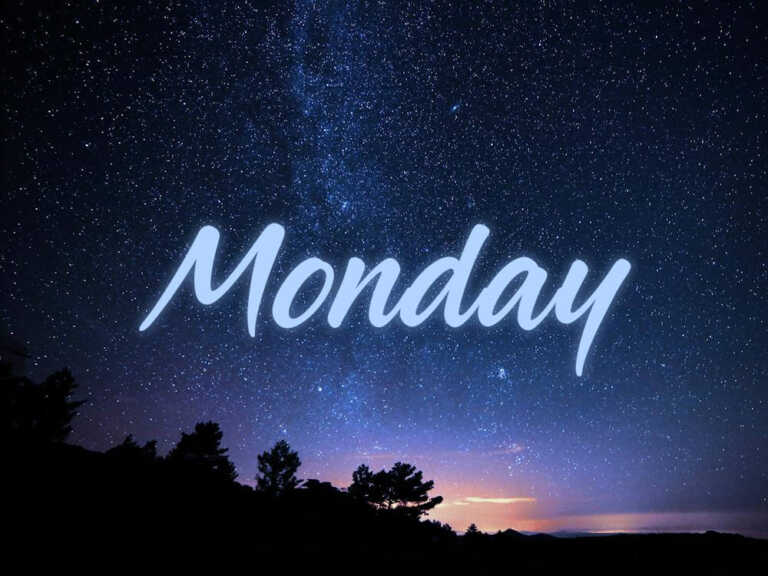Festivals are more than just occasions; they are vibrant, joyous experiences that unite communities to celebrate traditions, culture, and shared values. Planning a festival celebration involves careful coordination, creativity, and attention to detail to ensure participants have a memorable and enjoyable time. This comprehensive guide presents six expert tips to help you plan and execute spectacular festival celebrations that leave a lasting impression on attendees.

Define the Purpose and Theme
Before diving into the logistics of planning a festival, defining its purpose and theme is crucial. What is the festival meant to celebrate or commemorate? Understanding the essence of the event will guide every aspect of the planning process. For instance, you will be able to set a theme. Choosing a theme enriches the festival by tying together decorations, activities, and performances. Whether it’s a cultural celebration, a religious event, or a community gathering, a well-defined theme provides a unifying element that resonates with participants.
You will also be able to choose suppliers accordingly. In selecting festival equipment to hire, such as stages, sound systems, and decorations, the theme and purpose of the festival play a pivotal role. You might opt for suppliers specializing in traditional decor and authentic performances for a cultural celebration. A community gathering might require versatile and engaging equipment suitable for various activities.
Plan Well in Advance
Successful festival planning begins well in advance. Establish a comprehensive timeline that outlines key milestones, deadlines, and tasks. Starting early allows for flexibility in handling unexpected challenges and ensures that every detail is meticulously addressed. Permits and permissions may be required depending on the festival’s scale and nature. This includes permissions for the use of public spaces, noise permits, food handling licenses, and any other regulatory approvals. Addressing these early in the planning process prevents last-minute hurdles.
Create a Detailed Budget
One of the cornerstones of effective festival planning is a detailed budget. Identify all potential expenses, including venue rentals, entertainment costs, decorations, permits, and marketing materials. Allocating funds to each aspect ensures financial transparency and helps prevent overspending. Consider seeking sponsorships or forming partnerships with local businesses. Sponsors not only contribute financially but may also provide in-kind support, such as products or services. These collaborations enhance the festival’s offerings while alleviating financial burdens.
Curate Engaging Activities and Entertainment
An engaging festival program includes a diverse lineup of activities and entertainment. Consider the preferences of your audience, and curate a mix of performances, workshops, and interactive experiences. This variety ensures that there is something for everyone. If the festival has cultural or traditional roots, incorporate authentic elements into the program. This could include artistic performances, traditional ceremonies, or educational exhibits. Creating an immersive experience allows participants to connect with the festival more deeply.
Focus on Safety and Logistics
Prioritize the safety of festival attendees by implementing thorough safety protocols. This includes emergency evacuation plans, medical facilities or first aid stations, and security personnel. Communicate safety guidelines to participants to create a secure environment. Smooth logistics are crucial for the seamless execution of a festival. Coordinate transportation, parking, and entry/exit points efficiently. Consider crowd control, waste management, and accessibility to ensure that logistics contribute to a positive overall experience.
Leverage Digital Marketing and Promotion
In the digital age, an online presence is essential for promoting festivals. Create a dedicated site or landing page providing information about the festival, including the schedule, performers, and ticketing details. Utilize social media platforms to engage with the community and build anticipation. Craft a targeted marketing strategy that reaches the intended audience. Utilize online advertising, email campaigns, and social media promotions to generate awareness.
Collaborate with influencers or local media outlets for additional visibility. Engaging the audience through interactive content such as behind-the-scenes glimpses, artist spotlights, and countdowns on social media can build excitement and anticipation. Encourage participants to share their own festival experiences, creating a sense of community and extending the reach of your digital marketing efforts.

Planning a spectacular festival involves a delicate balance of creativity, organization, and community engagement. By defining the purpose, planning well in advance, creating a detailed budget, curating engaging activities, prioritizing safety, and leveraging digital marketing, organizers can ensure the success of their event.
The true essence of a festival lies in the experiences it creates for attendees. From the moment they arrive until the last note of music fades away, every aspect should contribute to a sense of joy, community, and celebration. By incorporating these expert tips into the planning process, organizers can meet and exceed participants’ expectations, ensuring the festival becomes a cherished tradition for years. As the lights dim, the performances unfold, and the community comes together, the magic of a spectacular festival celebration comes to life, leaving unforgettable memories in the hearts of all who attend.





